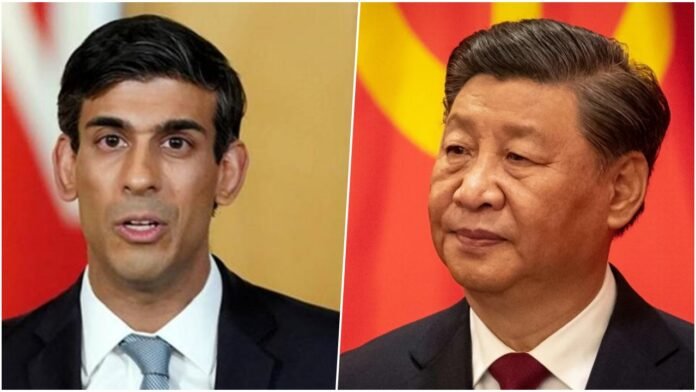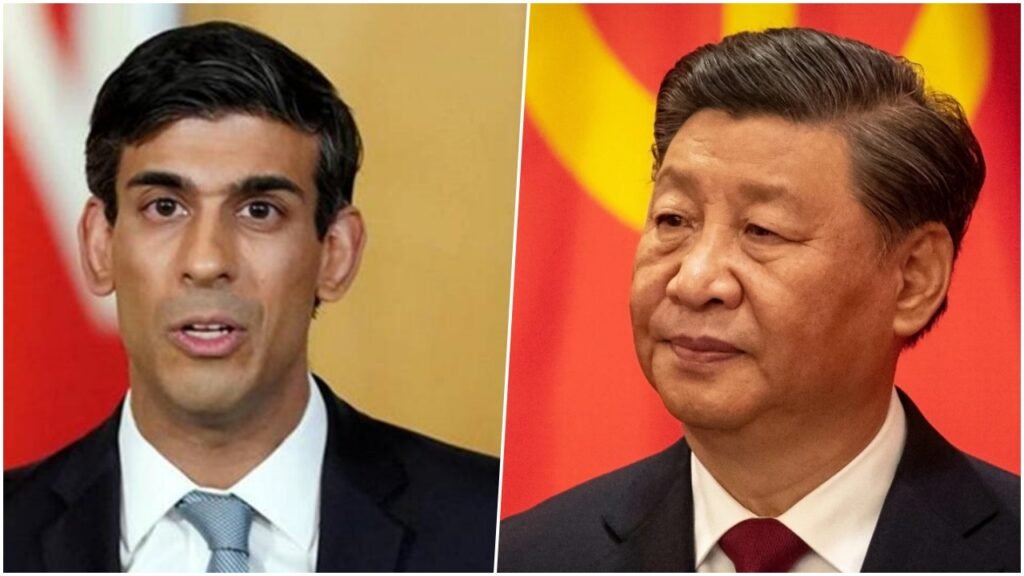
London: In a significant escalation of cyber security tensions, the UK government has formally accused China of conducting two separate cyber campaigns aimed at undermining British democratic institutions and key political figures. The allegations, presented by Deputy Prime Minister Oliver Dowden, have led to the summoning of the Chinese ambassador to London and the imposition of sanctions on individuals and entities linked to the suspected cyber group APT31.
The UK government, led by Prime Minister Rishi Sunak, has charged China with orchestrating cyber attacks against the UK Electoral Commission, parliamentary accounts, and legislators critical of Beijing’s policies. These attacks reportedly occurred in 2021 and 2022 and were attributed to China-backed groups.
Deputy Prime Minister Oliver Dowden addressed the parliament, stating, “Chinese state-affiliated actors were responsible for two malicious cyber campaigns targeting both our democratic institutions and parliamentarians.” Despite the severity of the threat, Dowden reassured that the attacks were successfully intercepted and did not compromise the integrity of the UK’s electoral processes.
In response to these cyber incursions, the UK has taken decisive action by sanctioning two individuals and one company associated with APT31, a group believed to be backed by China and responsible for cyber espionage activities.
This development comes alongside similar accusations from New Zealand, where the government has implicated a Chinese state-sponsored group, known as APT40, in a cyber attack on the country’s Parliamentary Counsel Office. New Zealand Prime Minister Christopher Luxon has acknowledged the gravity of directly attributing such cyber attacks to China, given the significant trade relations between the two nations.

In retaliation to these allegations, China has vehemently denied any involvement, dismissing the claims as “malicious slander” and “groundless.” The Chinese embassy in the UK has refuted the accusations, labeling them as “completely unfounded” and a form of “political manipulation.” Similarly, the Chinese embassy in New Zealand has rejected the allegations, maintaining that the cyber attack claims are without merit.
The unfolding situation marks a notable deterioration in diplomatic relations, with the UK and New Zealand taking a firm stance against what they perceive as aggressive cyber activities by China. The international community watches closely as these events unfold, with potential implications for global cyber security and diplomatic relations.




















































